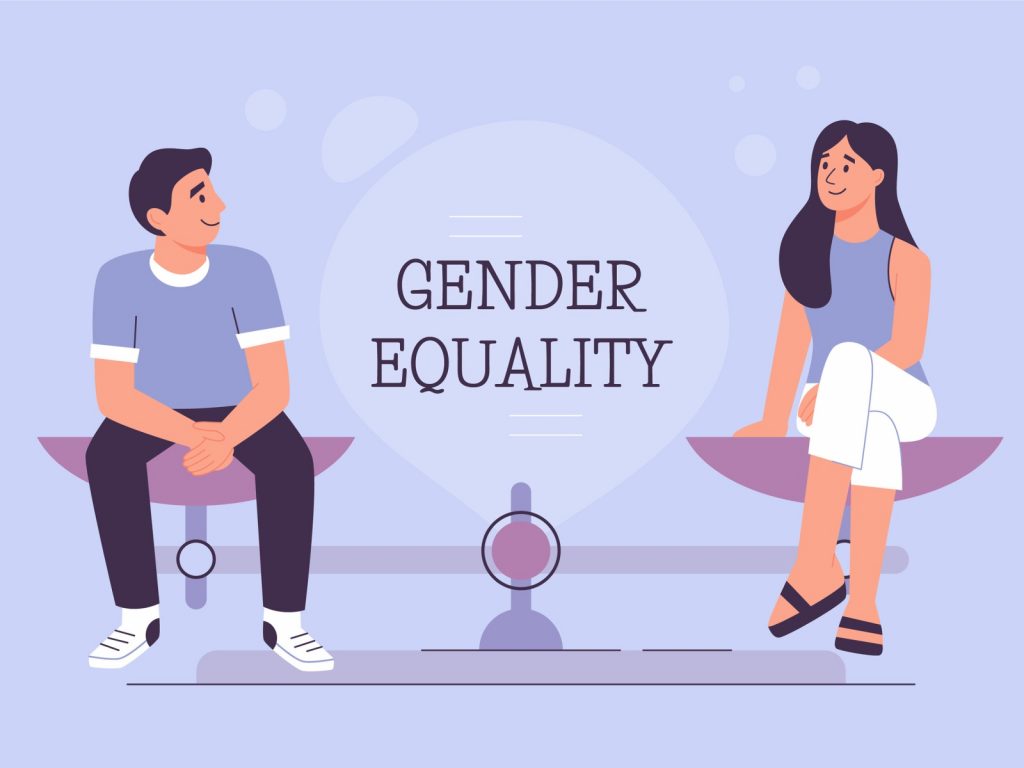The Impact of Energy Poverty on Gender Equality in Cameroon
The Impact of Energy Poverty on Gender Equality in Cameroon: Energy poverty refers to the lack of access to modern, reliable, and affordable energy sources, which often disproportionately affects women and girls in developing countries like Cameroon. The link between energy poverty and gender inequality can be understood through several interconnected factors.
Firstly, women and girls in Cameroon are often responsible for collecting fuel for cooking and heating, which can be time-consuming and physically demanding. This can lead to a lack of time and energy for other activities such as education, work, and family life, perpetuating gender inequality.
Secondly, the lack of access to electricity and modern energy sources can limit opportunities for women and girls in Cameroon. Without reliable energy sources, women may have difficulty running small businesses or participating in income-generating activities, which can hinder their economic empowerment and limit their decision-making power within the household.
Lastly, the lack of access to clean cooking solutions and energy-efficient technologies can have negative health consequences for women and girls in Cameroon. Indoor air pollution from traditional cooking methods can lead to respiratory illnesses and other health issues, disproportionately affecting women who are often responsible for cooking.
How Ending Energy Poverty Can Bring About Gender Equality in Cameroon
Ending energy poverty in Cameroon can contribute to gender equality in several ways:
- Improved access to modern energy sources: By increasing access to electricity and clean cooking solutions, women and girls in Cameroon can have more time and energy for education, work, and family life, which can help reduce gender inequality.
- Increased economic opportunities: With reliable access to electricity, women can start or expand small businesses, generate income, and contribute to the economy, thereby increasing their economic empowerment and decision-making power within the household.
- Improved health outcomes: By providing clean cooking solutions and energy-efficient technologies, women and girls in Cameroon can reduce their exposure to indoor air pollution and other health risks associated with energy poverty, leading to better overall health and well-being.
- Empowerment through energy access: Women’s involvement in the planning, installation, and maintenance of energy infrastructure can help promote their leadership and decision-making skills, further contributing to gender equality.
- Enhanced social and community development: By addressing energy poverty, communities in Cameroon can benefit from improved social infrastructure, better access to education and healthcare, and increased overall quality of life, which can help reduce gender inequality in the long run.
In conclusion, ending energy poverty in Cameroon can have a significant impact on gender equality by improving access to modern energy sources, increasing economic opportunities for women, and promoting better health and social development. By addressing this critical issue, Cameroon can work towards creating a more equal and just society for all its citizens.


